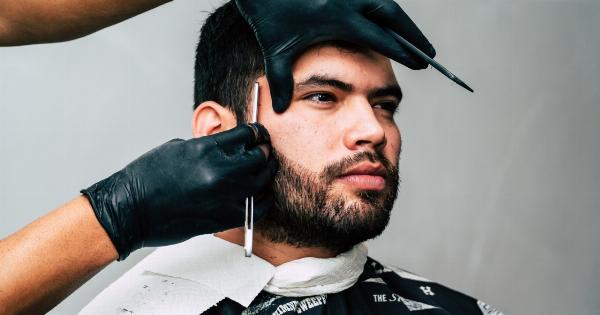Open heart surgery is a complex and delicate procedure that involves surgically repairing or replacing damaged parts of the heart.
This type of surgery is typically performed to treat various heart conditions, including coronary artery disease, heart valve disease, and congenital heart defects. The success of open-heart surgery depends on various factors, including the skill of the surgical team, the quality of the medical equipment, and even the time of day when the procedure is performed.
In this article, we will explore the importance of the time of day for open heart surgery and its potential impact on patient outcomes.
The Circadian Rhythm
Before discussing the time of day’s influence on open heart surgery, it’s crucial to understand the concept of the circadian rhythm.
The circadian rhythm refers to our body’s natural internal clock, which regulates numerous physiological processes. This internal clock is influenced by external factors, such as daylight and darkness.
Biorhythms and Medical Procedures
Several studies have shown that our body’s biorhythms can affect the outcome of medical procedures. Biorhythms are the recurring patterns of behavior or physiological activity that follow a natural cycle.
These cycles may impact our body’s response to medications, anesthesia, and even the healing process.
Research on Time of Day and Surgical Outcomes
Over the years, researchers have conducted numerous studies to explore whether the time of day has any significant impact on surgical outcomes, including open heart surgery.
Some studies suggest that surgical outcomes may vary based on the time of day, while others found no significant correlation. Let’s delve into the key findings of these studies.
Effects of Circadian Rhythm on Surgeon Performance
One factor to consider when examining the time of day’s impact on open heart surgery is the surgeon’s performance.
Surgeons, like any other individuals, experience fatigue and variations in their performance throughout the day due to circadian rhythms. A surgeon who operates during their peak performance hours may be more alert, focused, and dexterous compared to performing a surgery during their low-performance hours.
Morning vs. Afternoon Surgeries
A study published in the journal Anesthesiology analyzed the outcomes of elective open heart surgeries performed in the morning versus the afternoon.
The researchers discovered that patients who underwent surgery in the morning had lower mortality rates and fewer postoperative complications compared to those who had surgery in the afternoon. The study also noted that surgeries performed in the afternoon had a longer duration, higher transfusion rates, and increased need for reoperation.
Quality of Perioperative Care
Another important aspect to consider is the quality of care provided during the pre-, intra-, and postoperative periods.
Studies have shown that staffing levels, availability of experienced personnel, and overall quality of perioperative care can vary at different times of the day. These variations in care quality may contribute to differences in surgical outcomes.
Staff Fatigue and Efficiency
The time of day may also impact the efficiency and fatigue levels of the entire surgical team, including nurses, anesthesiologists, and supporting staff.
A study conducted by researchers at Duke University Medical Center found that surgeries performed between 3 am and 9 am had higher rates of complications and prolonged hospital stays. The researchers hypothesized that these findings could be attributed to the reduced efficiency and increased fatigue levels experienced by the surgical team during these early morning hours.
Chronotherapy and Surgical Planning
Chronotherapy involves the strategic scheduling of medical interventions, including surgeries, according to the patient’s individual circadian rhythm.
This emerging field of study explores whether considering an individual’s biorhythms when scheduling surgery could improve outcomes and reduce complications. While still in the early stages of research, chronotherapy shows promising potential in optimizing surgical results.
Conclusion
While the impact of time of day on open heart surgery outcomes is still a subject of ongoing research and debate, emerging evidence suggests that it may play a role.
Factors such as surgeon performance, biorhythms, quality of perioperative care, staff efficiency, and chronotherapy could all contribute to the variations observed in surgical outcomes based on the time of day. As the field of circadian medicine continues to evolve, it is possible that future advancements will provide surgeons with additional tools to optimize surgical outcomes, regardless of the time of day.





























